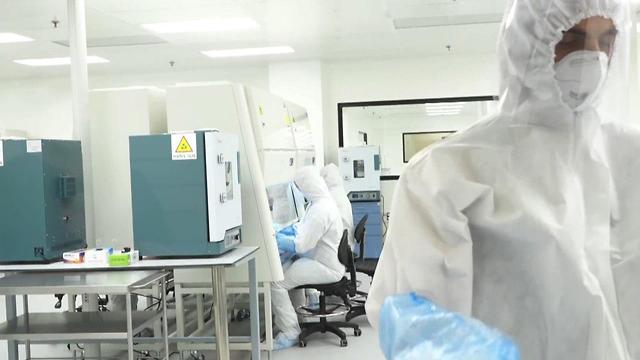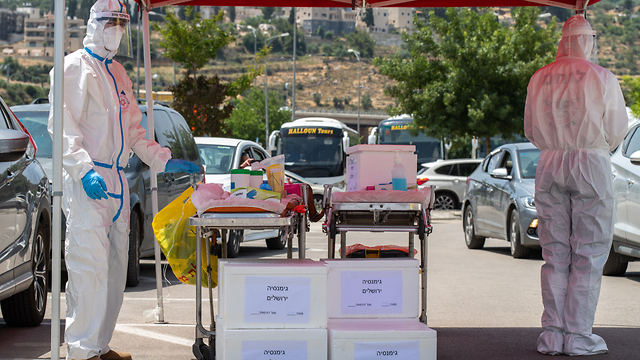Getting your Trinity Audio player ready...
The Health Ministry published on its website only a few results of epidemiological investigations of confirmed coronavirus patients in recent days, while hundreds of Israelis have tested positive for the deadly pathogen during the same time period.
The website was last updated Sunday afternoon after four days of inactivity, adding only 9 more routes confirmed virus patients took before their diagnoses.
Proper and quick contact tracing of virus patients is paramount to break the chain of infection and prevent others from catching the virus or spreading it further.
In Jerusalem, for example, there have been 147 infections recorded since June 14, meanwhile, the ministry posted a partial route of only one patient who stayed at a branch of the Interior Ministry for one hour on June 17.
All other routes are unknown, and hundreds of people who are supposed to go into isolation are unaware of their potential contact with the patient.
The situation is similar in other cities as well. In Beit Shemesh, 27 people have tested positive for the pathogen over the past two weeks, and only a single route has been published.
Additionally, the ministry's map, which shows the official number of people who are currently in isolation in each locality, displays worryingly low figures.
For example, there are currently 436 confirmed patients in Bnei Brak, although the ministry's figures say only 234 locals are currently in isolation.
In Tel Aviv, there are 558 active coronavirus patients and only 1,677 of the city's residents are in quarantine - a relatively low number considering entire school classes were required to self-isolate after a single student came down with the virus.
Health Ministry Director-General Hezi Levi said on Sunday that the ministry had hired and is in the course of training 300 new epidemiological investigators to track potential contacts of confirmed coronavirus patients.



